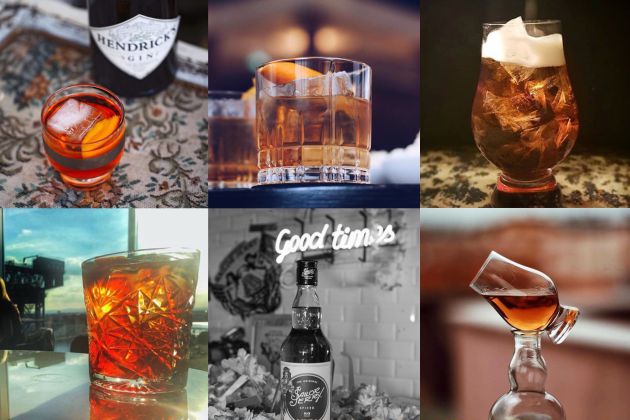
William Grant & Sons offers bartender training
William Grant & Sons’ UK Brand Ambassador team is offering training to bartenders at its first ever Unwrapped: The Other Side of Bartending event in Edinburgh on 29 October.
The event will feature a series brand ambassador-led talks that are designed specifically for the on-trade. The aim is to provide attendees with new skills and perspectives, as well as the opportunity to network.
Sessions will cover subjects ranging from how to keep up team morale and the power of storytelling, to exploring the link between nature and creativity.
This will be followed by immersive brand experiences and an evening bar takeover where all proceeds will go to charity partner SANE.
Fabiano Latham, Reyka Vodka UK brand ambassador said: “Unwrapped is a great opportunity for all the brand ambassadors to share experiences and insights from the industry, as well as the passion we have for our brands.
“We want to create a benchmark for industry training programmes by delivering an engaging and interactive event where on-trade teams can come together and truly benefit in years to come.”
Lachlan Rooney, manager at The Voodoo Rooms Bar said that the talks and activities could “truly make” a tangible difference to a career and the local bar community.
“From practical engagements to empathetic advice on building yourself as a brand, the event covers every aspect of bartending that you’ve never even thought about,” he said.
The hospitality industry has suffered from low retention of staff for many years as people consider it a stopgap rather than a career choice.
Earlier this year, Deputy, the workforce management company commissioned a survey with YouGov to understand the low retention rate in the UK hospitality industry.
Unsociable working hours, low pay and benefits, and lack of career prospects were the top three reasons why the UK hospitality sector suffered from an annual staff retention level of just 70% (vs UK average of 85%), it said.




